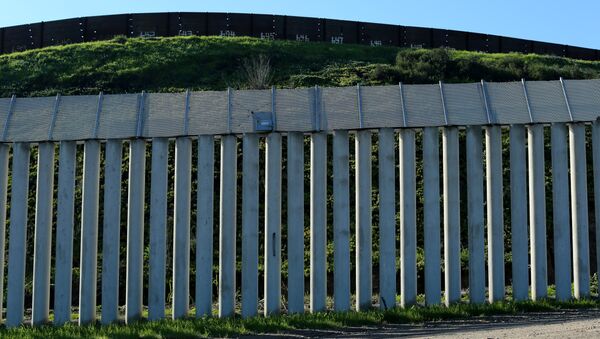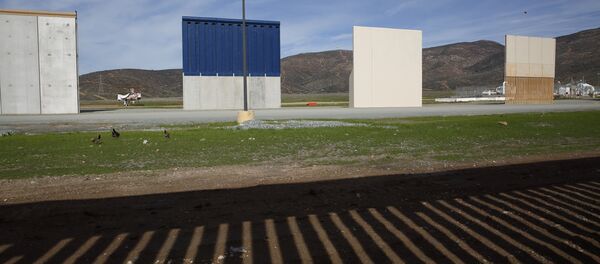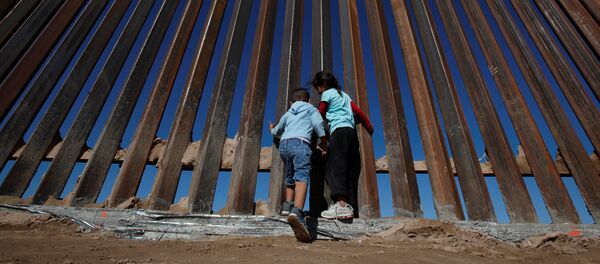Trevor McFadden, a Washington DC district court judge, declined the lawsuit launched by House Democrats seeking to block reallocation of funds under the national emergency declared by US President Trump in February, to pay for a border wall. Under the national emergency, Trump reallocated approximately $6.7 billion from Pentagon funding for the construction of a physical barrier between the US and Mexico to curb the massive influx of illegal immigrants from Central America.
According to the lawsuit, the president had "flouted the fundamental separation-of-powers principles and usurped for himself legislative power specifically vested by the Constitution to Congress."
In his ruling, however, Judge McFadden argued that Democrats were trying to circumvent a proper political process.
McFadden also cited several conflicts of power that were resolved without involving the courts, suggesting this would be appropriate in this case as well.
"Congress has several political arrows in its quiver to counter perceived threats to its sphere of power," McFadden wrote. "These tools show that this lawsuit is not a last resort for the House. And this fact is also exemplified by the many other cases across the country challenging the administration's planned construction of the border wall."
In his ruling, McFadden argued that the House could have overridden Trump's veto. Earlier this year, Trump issued a veto on a House resolution that voided his declaration of National Emergency.
He added that the House Democrats must demonstrate they have standing — which, in legal terms, means they must prove Trump's actions actually harm them. Citing two earlier cases — the 2015 case Arizona State Legislature v. Arizona Independent Redistricting Commission, and the 1997 case Raines v. Byrd — McFadden argued that individual legislators do not have the standing to allege "generalized harm to Congress's Article I power," referring to Article 1 of the US Constitution.
McFadden's ruling contrasts with the earlier ruling of North California District Judge Haywood Gilliam — an Obama administration appointee — issued last week which blocked the administration from using Pentagon funds for projects in specific areas in Texas and Arizona.
McFadden noted the obvious disagreement between courts, acknowledging that an appeal in a higher court is imminent, but still urged his colleagues from the judicial system to stay out of political turmoil.
"I'm not sure how much necessarily our views will carry the day for the courts above us," McFadden said at the hearing, according to a Fox News report.
Under the national emergency issued this February, Trump reallocated approximately $6.7 billion of Pentagon funding to the construction of a physical barrier between US and Mexico to curb the massive influx of illegal immigrants from Central America. Congress only approved some $1.375 billion — a far cry from the required total of $8 billion. US Border Patrol agents have long called for the construction of a physical barrier that can stop illegal immigrants crossing to US territory in groups that often reach hundreds of people, with adults bringing children — oftentimes not their own — in hopes of being granted refugee status in the United States. Trump made curbing the migrant influx one of the pillars of his 2016 presidential campaign.






